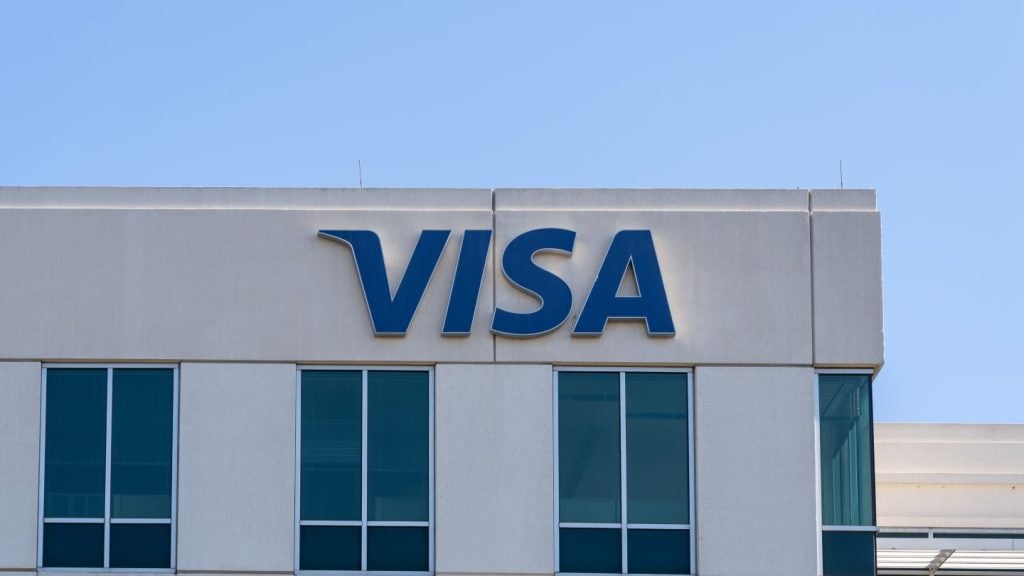Despite the technological advancements of the 21st century, online checkouts are still not suited for B2B businesses. They’re expensive to use, are subject to fraud and chargebacks, payments are not instant, and there are often transaction limits. Online checkouts which use card-schemes like Visa and Mastercard were originally built for in-person, point-of-sale payments. They may have since evolved to accommodate online consumer checkouts, but B2B payments remain very different.
B2B payments are often much larger, less spontaneous, and are accompanied by complex payment terms with various approval mechanisms. This means that they are typically processed via manual bank transfers. In short, the technology we are historically familiar with does not work for B2B payments.
Both the UK and the EU have made it mandatory for their national banks to offer account-to-account payments via an API (application programming interface), also known as open banking payments. Unlike card-payments, account-to-account payments are free (no Visa or Mastercard involved), instant, secure, and are not subject to chargebacks. The latter is very relevant to large invoice payments as no business wishes to see payments recalled due to fraudulence. They are also securely automated via direct APIs with the payer’s bank and so are not subject to human error. Many see account-to-account payments as the solution for solving friction in B2B payments, and manual bank transfers. Despite being nascent technology, the UK has already increased its payment limit from £250,000 to £1,000,000. This development is obviously more relevant for businesses than consumers.
Inevitable teething issues
Nonetheless, like all new technologies, there are teething issues. Many open banking companies that ‘initiate’ payments are reporting issues with the underlying banks (those who hold and ‘process’ the payments). Some payments are seemingly being blocked unnecessarily, and API communications between the two parties are less than desirable.
It is not entirely clear if the two are working together or against each other. Customer journeys and APIs in the EU remain significantly less developed than in the UK and many EU banks have failed to adopt the mandated SEPA Instant payment rails. There are five variables to payments: cost, convenience (user experience), certainty (visibility), settlement time, and fraud protection. Cards work well for B2C businesses because of convenience, but account-to-account payments can win across all five pillars to address B2B payments too.

Ralph Rogge is the CEO and Co-Founder of Crezco







